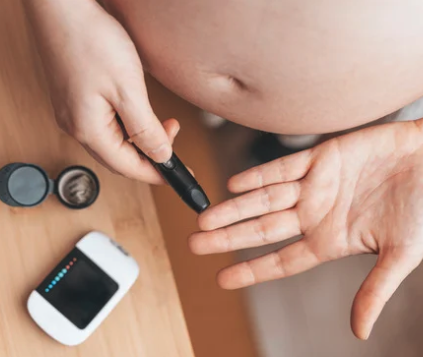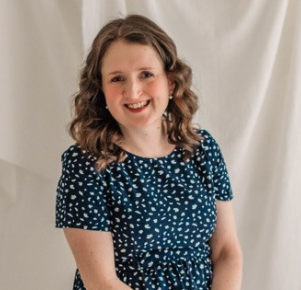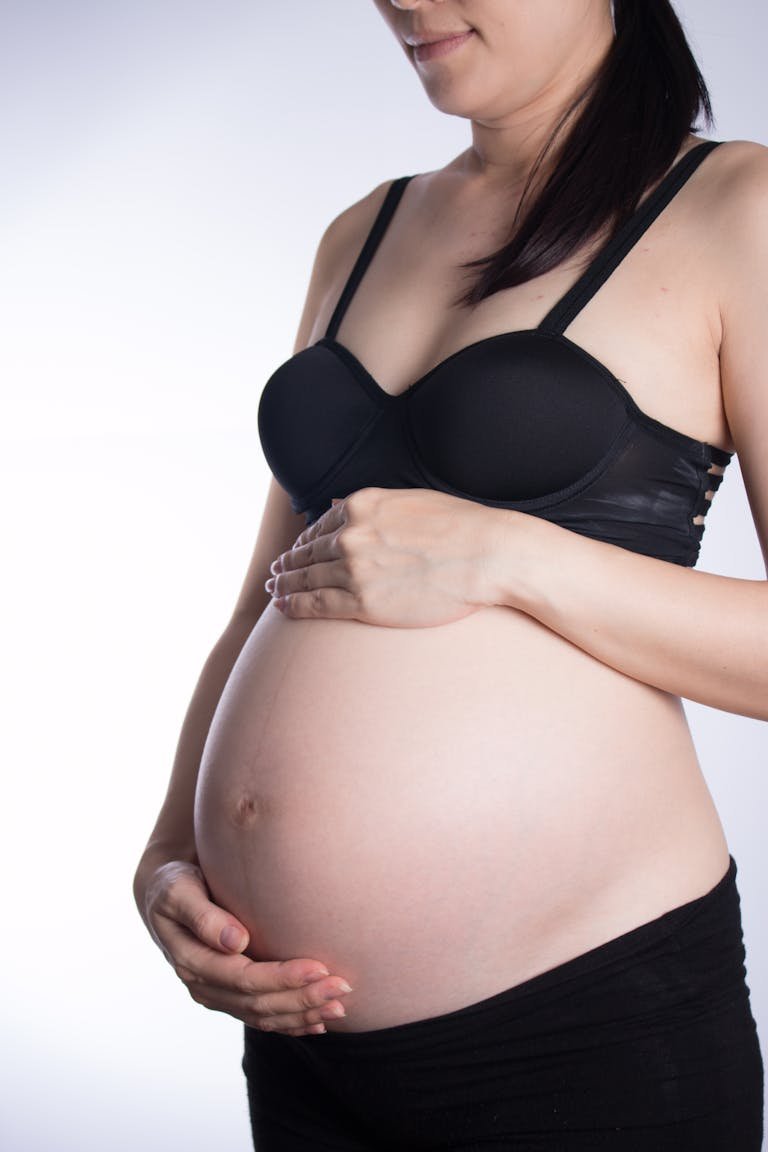6 Tips for Birth Planning if you have Gestational Diabetes
Six Tips for Birth Planning if you have Gestational Diabetes
Being diagnosed with Gestational Diabetes can throw a spanner in the works of any
pregnancy.
By Fiona Deans of Fiona Deans Hypnobirthing
All of a sudden, you need to swap out the chocolate for other low-sugar snacks
and you’re being sent for more scans and appointments than you’d ever thought you’d need.
Not to mention the finger pricking at least three times a day…
However, a Gestational Diabetes diagnosis doesn’t necessarily mean that you will now need to be induced or have a c-section but it is important that you understand all of your options when it comes to writing your birth plan.
So here are five things that can help you along the way:

1. Understand the policies
The NICE guidelines currently state that if a woman has no further complications from gestational diabetes, then she does not need to be induced until she is 40 weeks and six days pregnant. This gives you a decent amount of time to go into labour naturally. However, despite these guidelines, some hospitals will still have policies of inducing women much sooner than this. Discuss this with your care team, your obstetrician or consultant midwife. A lot of hospitals will still be happy to sign off a birth plan even if it’s “out of guidelines”as long as you are aware of the risks.
2. Think about how you are going to manage your blood sugar during labour
You don’t want your blood sugar to be dropping to dangerous levels during labour. Do you need your birth partner to remind you to test yourself or take any medicines you’ve been prescribed? What food and snacks will you require? This is even more important if you are being induced as hospital food is notoriously bad for women with Gestational Diabetes. Will your hospital let you keep things in their fridge? What snacks work for you if you don’t have access to one? It’s really important to understand ahead of time how you will be able to manage it and include this in your plan.
3. Think about how and where you want to give birth
Just because you have Gestational Diabetes doesn’t mean your perfect home birth or water birth has all-of-a-sudden gone out of the window. If your diagnosis has led to no further complications, then it is reasonable to expect that you should be allowed to go ahead with these plans. It may be “out of guidelines” according to your hospital, but it’s really important that they work with you to try and make your Birth Plan A happen. Demonstrate to them that you have done your research and this should make things easier.

4. But don’t forget Birth Plans B and C
As in any pregnancy, unexpected things can happen that mean that you don’t always get to have Plan A. Thinking about Plan B and C ahead of time will make some of those big decisions much easier and you will feel more in control. How do you feel about induction? Are you willing to give it a go? Or would you rather just opt for a c-section? And if you do opt for an induction, it’s always really important to remember that you don’t have to do the whole process. Discuss this with your medical team and if you only want to try step one and maybe two then you can ask for a c-section after that.
5. Don’t forget to use your BRAIN!
This is an invaluable tool in any pregnancy (and often many other areas of life as one of my clients who was a pilot uses it). So, what does it stand for?
B – benefits – What are the benefits of pursuing this option?
R – risks – What are the risks of going ahead with this option?
A – alternatives – What alternatives do we have?
I – instincts – What is my gut feeling on this?
N – nothing – What if we do nothing?
When you are presented with a difficult decision, you can use this tool to help you decide what is best for you and your baby. Take a few calming breaths and ask yourselves and your care providers these questions. If you’re still not sure, ask if you can have some time to think about it. Most decisions are not so time critical that you can’t have a bit of time out to give it some thought.

6. Get your birth partner on board
This is advice that I would give anyone about to have a baby! Make sure you and your birth partner are on the same page when it comes to the birth of your baby. Take some time to sit down and write the birth plan together so that when those difficult questions arise, they can advocate for you without having to ask you every single time. Not only will this help you, but it will also help your birth partner feel like they have an important role to play in the birth of your child and make it a more positive birth experience for them as well.
Usually once you’ve had your baby, you should be able to eat “normally” straight away, so enjoy that famous tea and toast that everyone talks about! You will usually be invited to go for a blood test a few weeks after you’ve had baby to check that your blood sugars have returned to normal.
If you’re looking for other information or ideas on what to eat during a Gestational Diabetes pregnancy, www.gestationaldiabetes.co.uk is an invaluable source of recipes and information. The Midwives Cauldron podcast also has a couple of great episodes on Gestational Diabetes.
Fiona Deans – Fiona Deans Hypnobirthing
Based around Solihull and Birmingham.
Fiona Deans is a fully qualified Hypnobirthing and Antenatal Teacher with a passion for empowering expectant parents. As a mum of two, she brings personal experience and professional expertise to her group and private courses, ensuring a supportive and enriching journey to parenthood. Her classes focus on relaxation
techniques, positive birth experiences, and comprehensive antenatal education. Join her to build your toolkit for confident and calm birth experience.
Read more from Pregnancy Pal
-
Is It Normal to Feel Exhausted in Early Pregnancy?
Exhaustion in early pregnancy can feel overwhelming. Many people are surprised by how intense fatigue can be, particularly in the first trimester. Feeling extremely tired in early pregnancy is common and usually linked to hormonal changes. Early pregnancy exhaustion is not the gentle sort of “I stayed up too late watching telly” tired. It is…
-
Pregnancy Bra Fitting Guide: How to Get the Perfect Fit
If someone had told me that getting fitted for a bra would be one of the most helpful things in pregnancy, I might have blinked slowly and nodded while scrolling Instagram. But let’s be honest, when your body is doing the most dramatic redesign since puberty, a bra fitting in pregnancy moves from “optional” to…
-
Why Do My Breasts Hurt in Early Pregnancy?
Breast tenderness is often one of the earliest signs of pregnancy. For some people it is mild discomfort or an unusual tingling sensation around the breast, while for others it can feel surprisingly intense, making everyday movement uncomfortable. When this pain appears early on it can raise questions about what is normal and whether it…




